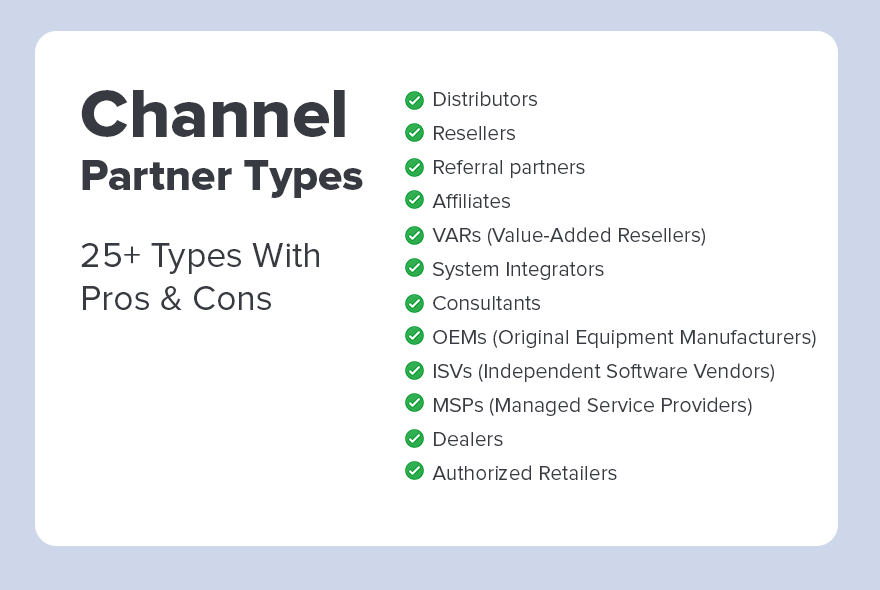eIDAS is an EU regulation establishing a legal framework guaranteeing the validity and legality of e-signatures, e-seals, e-time stamps, e-documents and electronic contracts. The regulation stipulates that all of the above are equally legally binding and valid as their hard-copy counterparts. eIDAS is designed to instill trust in electronic agreements in the EU market by providing a universal foundation for electronic services and e-businesses between countries inside the European Union.
Additionally, the regulation: Ensures that people and businesses may utilize their national eIDs and access public services in other EU countries where eIDs are permitted and available.
Creates a European internal market – a safe zone for electronic services including e-signatures, e-seals and time stamps, ensuring that they have the same legal status as hard copy documents.
As such, both the signatory and client now experience more convenience and security when conducting business across borders with one click technology. Instead of utilizing email and submitting paper based documents, individuals may now complete tasks faster, and more securely while being provided the same legal protections they experienced prior.
Why was it created?
The focus of the EU digital agenda was to drive innovation. The aim was to propel further entrepreneurialism by creating an easier way of conducting business between member states, entice and expand digital growth and drive innovation utilizing e-technology between countries.
eIDAS focuses on two aspects:
Inter-applicability: To facilitate cross-border business and simplify processes, member states created a common framework ensuring security and authenticity to recognize eIDs between member states.
Transparency: eIDs provides a clear and concise list of services supported by the centralized network, and engages security members in discussions about the most efficient tools and technologies available for securing electronic signatures.
Regulatory aspects of electronic documents: Several types of e-signatures and certificates exist authenticating the validity of a document.
Advanced Electronic Signatures must meet certain requirements: The signature is unique to the individual. The data used to create the signature is unique to that individual and ensures that the accompanying information is legitimate. If the data has been tampered with in any way, the contract is void.
Qualified Digital Certificate is a declaration attesting to the validity of the electronic signature and accompanies the electronic document.
Qualified Website Authentication Certificate is a qualified declaration issued by the iDAS regulation.
The eIDas directive was mutually agreed upon by all EU member states and passed into law in 2016. It has been legally binding since. With this directive, the EU has also accomplished the goal of a Single Digital Market.
General Data Protection Regulation
GDPR (ISO 27001): https:// gdpr-info.eu/





